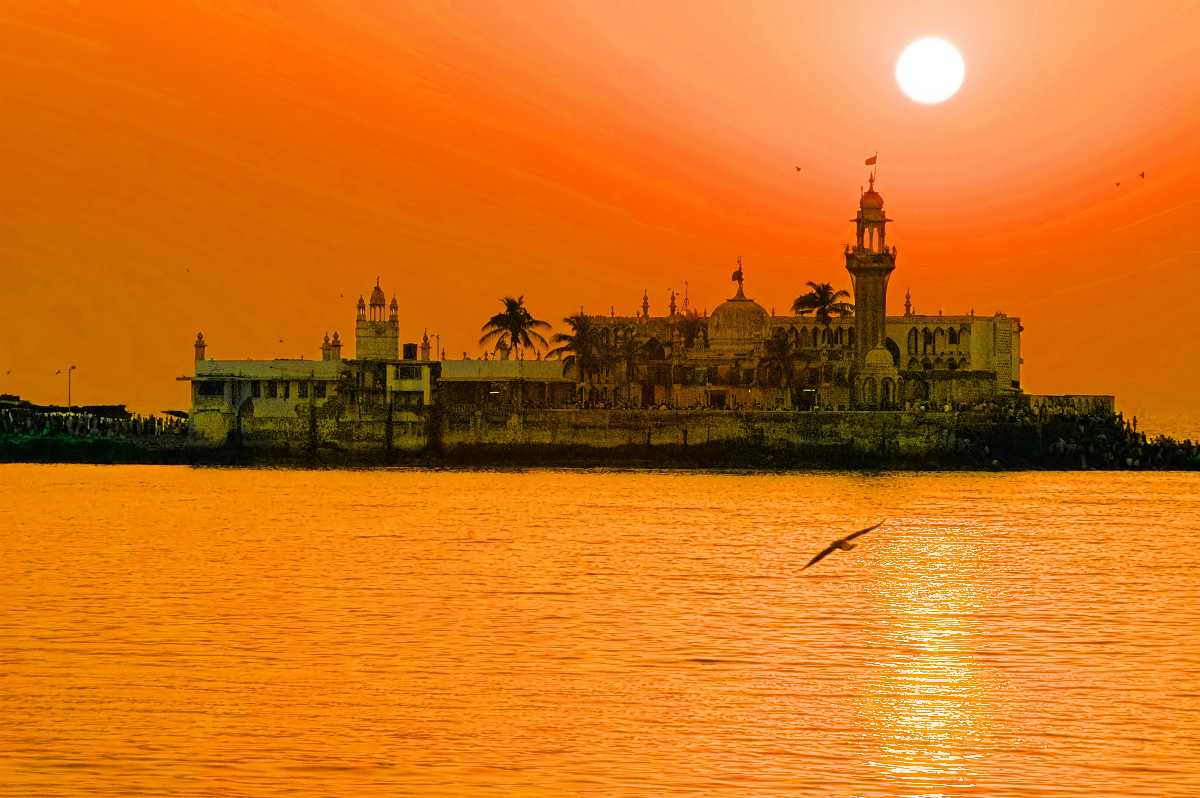The Ray of Hope- Haji Ali
November 19, 2016 | Expert Insights
On 24 October 2016, Haji Ali Trust informed the Supreme Court that it would rescind the ban on women entering the shrine. The ban had been imposed in 2012 and Muslim clerics stated that it was a grievous sin for women to be in proximity of the grave of a male saint. In August 2016, the Bombay High Court had said the ban violated the Constitution and was discriminatory against women. Haji Ali Trust had sought a review, in the Supreme Court.
Why were Women Prevented?
Article 26 of the Constitution confers rights to trusts, to manage their own affairs, in matters of religious practices. The 2012 ban permitted women to enter other parts of the Haji Ali Mosque but not the inner sanctum, where the grave of Haji Ali, is located. The trust had offered reasons of women’s safety and impurity of mensural cycle as reasons for denying women right of entry.
What are Women Doing?
Restrictions on women, in places of worship, is not recent, nor is it restricted to a single religion. Hindu Temples, Muslim Mosques and some Christian Churches limit access of women. Women have raised a furore in Indian courts saying the bans are arbitrary, unconstitutional and a violation of fundamental rights. There are still at least six other places of worship, in India that deny women equality. They include the Sabarimala Temple in Kerala and the Jama Masjid, in Delhi, amongst others.


